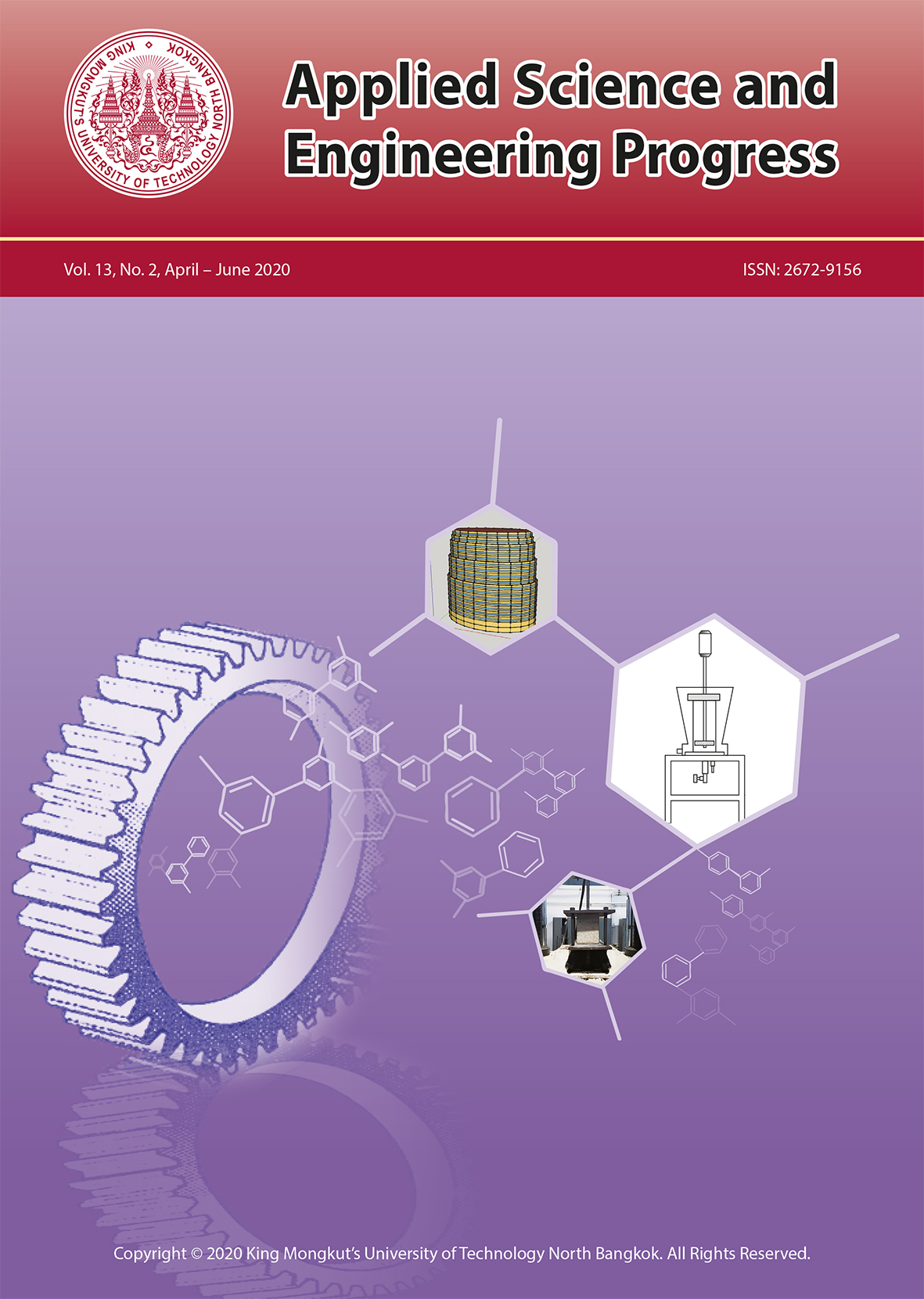The Management Direction of Industrial Business Organization with the Buddhadhamma Principles
Main Article Content
Abstract
The purposes of this research were to study management direction of industrial business organization with the Buddhadhamma principles and to develop the model of management direction of industrial business organization with the Buddhadhamma principles in order that this direction would be applied in operating the industrial business to balance and lead to sustainable success. Both quantitative and qualitative methods were employed; conducting the in-depth interview with specialists and the survey from 500 entrepreneurs with good corporate governance. The results revealed that the importance level of management direction of industrial business organization with the Buddhadhamma principles was at high level. The analysis showed that the developed structure equation model passed the evaluation criteria, and was consistent with the empirical data. Its chi-square probability level, relative chi-square value, goodness of fit index, and root mean square error of approximation were 0.100, 1.089, 0.946, and 0.013 respectively.
Article Details
References
[2] Price waterhouse Coopers Thailand. (2014). Survey of economic crimes in Thailand. Price waterhouse Coopers Thailand. Bangkok, Thailand [Online]. Available: https://www.pwc.com/th/ en/consulting/forensic/assets/economic-crimethailand- 2014-th-02042015.pdf
[3] Court of Justice. (2017). Report of the Court of Justice in the Kingdom. Court of Justice. Bangkok, Thailand [Online]. Available: http://www.oppb.coj.go.th/ doc/data/oppb/oppb_1502361510.pdf (in Thai)
[4] The Office of the Consumer Protection Board. (2017). Consumer Complaints Statistics. The Office of the Consumer Protection Board. Bangkok, Thailand [Online]. Available: http://www.ocpb.go.th/ ewtnews.php?nid=7139&filename=index (in Thai)
[5] Pollution Control Department. (2017). Report on Thailand’s Pollution Situation 2017. Pollution Control Department. Bangkok, Thailand [Online]. Available: http://infofile.pcd.go.th/mgt/Thailand_ state_pollution2017%20Thai.pdf?CFID=18198 63&CFTOKEN=85236962
[6] Y. Lin, Y. Wang, and C. Yu, “Investigating the drivers of the innovation in channel integration and supply chain performance: A strategy orientated perspective,” Production Economics, vol. 127, pp. 320–332, 2010.
[7] K. W. Green, L. C. Toms, and J. Clark, “Impact of market orientation on environmental sustainability strategy,” Management Research Review, vol. 38, pp. 217–238, 2015.
[8] P. A. Payutto, Dictionary of Buddhism, 34th ed. Bangkok, Thailand: Education for Peace Foundation, 2016.
[9] W. Lee, S. K. Rhee, and J. Oh, “The relationships between manufacturing strategy process, manufacturing-marketing integration, and plant performance: An empirical study of Korean manufacturers,” Operations Management Research, vol. 7, pp. 117–133, 2014.
[10] Y. Li, “Environmental innovation practices and performance: Moderating effect of resource commitment,” Journal of Cleaner Production, vol. 66, pp. 450–458, 2014.
[11] S. Zailani, K. Govindan, M. Iranmanesh, M. R. Shaharudin, and C. Y. Sia, “Green innovation adoption in automotive supply chain: The Malaysian case,” Journal of Cleaner Production, vol. 108, pp. 1115–1122, 2015.
[12] J. P. J. Llach, M. d. M. Alonso-Almeida, and L. Bagur-Femenías, “Joint impact of quality and environmental practices on firm performance in small service businesses: An empirical study of restaurants,” Journal of Cleaner Production, vol. 44, pp. 96–104, 2013.
[13] J. Pereira-Moliner, E. Claver-Cortés, J. F. Molina- Azorín, and J. J. Tarí, “Quality management, environmental management and firm performance: Direct and mediating effects in the hotel industry,” Journal of Cleaner Production, vol. 37, pp. 82–92, 2012.
[14] J. M. Larrán, M. J. Herrera, D. Martínez-Martínez, and S. M. P. Lechuga, “Competitiveness and environmental performance in Spanish small and medium enterprises: Is there a direct link?,” Journal of Cleaner Production, vol. 101, pp. 26–37, 2015.
[15] C. Koo, N. Chung, and S. Y. Ryoo, “How does ecological responsibility affect manufacturing firms’environmental and economic performance?,” Total Quality Management, vol. 25, pp. 1171– 1189, 2013.
[16] C. L. Yang, S. P. Lin, Y. H. Chan, and C. Sheu, “Mediated effect of environmental management on manufacturing competitiveness: An empirical study” International Journal of Production Economics, vol. 123, pp. 210–220, 2010.
[17] M. Roy and D. Khastagir, “Exploring role of green management in enhancing organizational efficiency in petro-chemical industry in India,” Journal of Cleaner Production, vol. 121, pp. 109– 115, 2016.
[18] J. M. A. Valiente, C. Garcés Ayerbe, and M. Salvador Figueras, “Social responsibility practices and evaluation of corporate social performance,” Journal of Cleaner Production, vol. 35, pp. 25–38, 2012.
[19] Rayong Industry Office. (2017). Number of all types of industrial operators in Rayong. Rayong Industry Office. Rayong, Thailand [Online]. Available: http://www.industry.go.th/rayong/ (in Thai)
[20] A. L. Comrey and H. B. Lee, A First Course in Factor Analysis, 2nd ed., Hillsdale, NJ: Lawrence Erlbaum, 1992.
[21] M. David and C. Sutton, Social Research: An Introduction. California: Sage, 2011.
[22] IBM SPSS AmosTM 20 User’Guide, IBM, New York, US, 2011.


